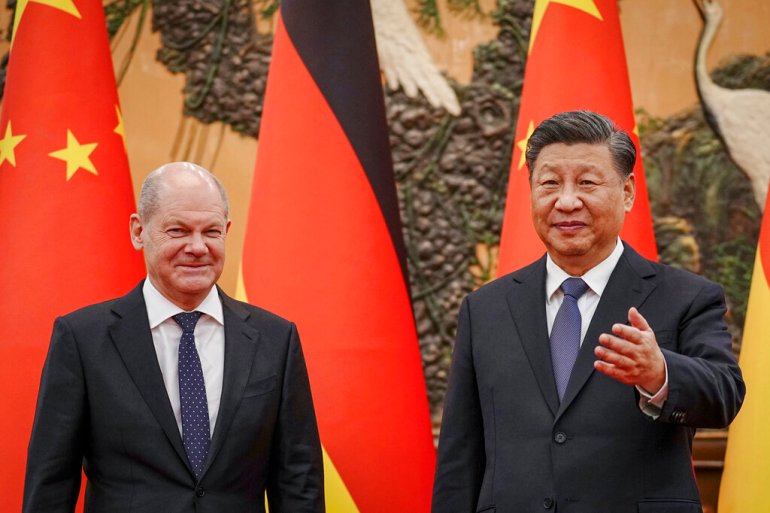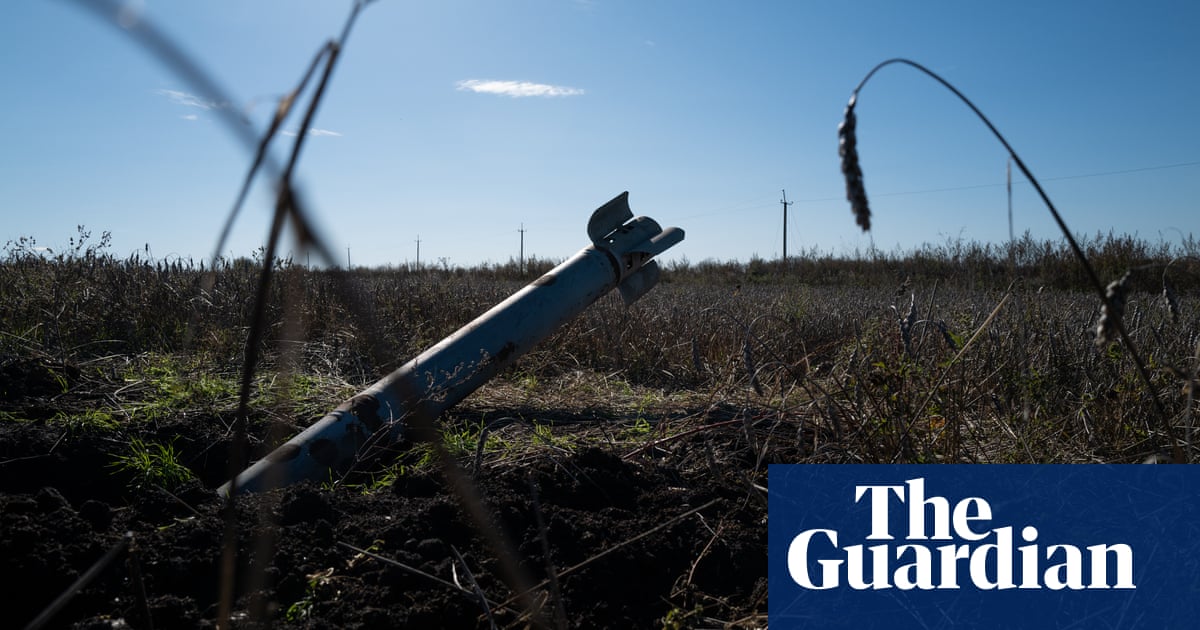The Facts
Leading a high-level business delegation to China, German Chancellor Olaf Scholz met with Chinese Pres. Xi Jinping on Friday, marking the first visit by the leader of a G7 nation to China since the start of COVID in 2019.
This visit to its main trading partner comes as Berlin faces challenges at home, with a deep recession looming and the need to bolster its export markets as its ties with Russia deteriorate amid the Ukraine war.
The Spin
Anti-China narrative
Scholz's visit to Beijing comes as a bit of a shock across the continent. There is broad consensus among the political leadership of Europe about the need to rethink ties with China, and Scholz appears to be out of step. This isn't only a concern across Europe, but also in Washington. With Chinese aggression on the rise, now is the time for the West to present a united front.
Pro-China narrative
Scholz's visit to Beijing is much appreciated and needed, especially against the backdrop of significant turbulence and strife around the world. It's good that the leaders of two major powers can have a face-to-face meeting about bilateral relations and future economic cooperation and exchange views on heated topics. It sends a much-needed signal of stability to the international community.
Cynical narrative
This is an economic move. Having lost two pillars of Germany's economic success story — cheap Russian energy and low-security spending — Scholz has no choice but to guarantee that its third pillar — good business relations with China — remains. The chancellor's visit to Beijing is paramount to German industry, which is about to start an investment boom in China, moving production there from Germany.



